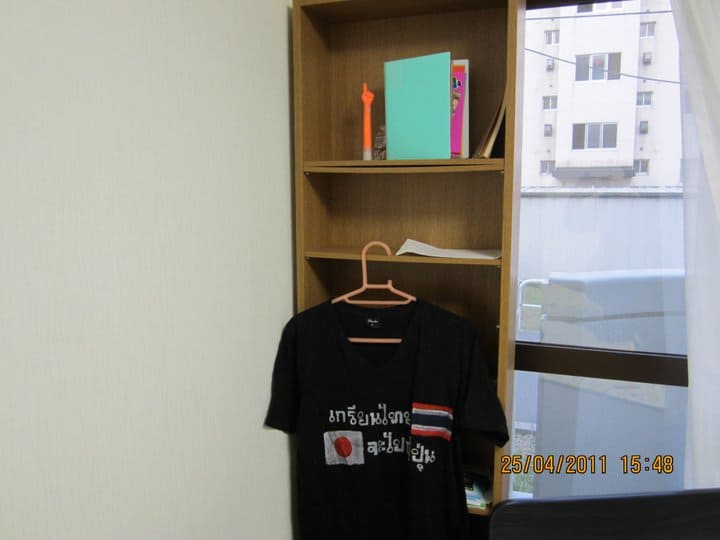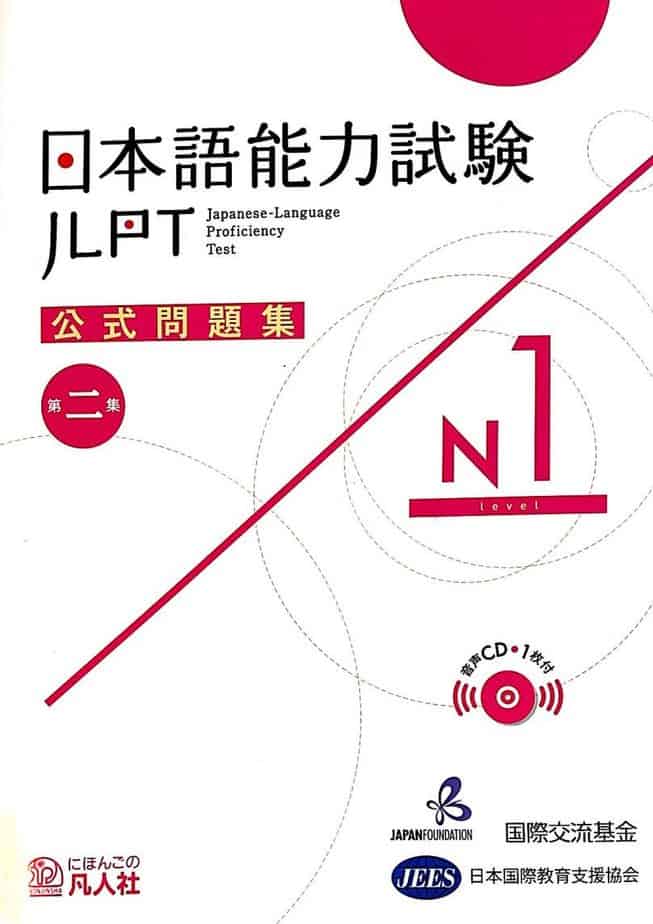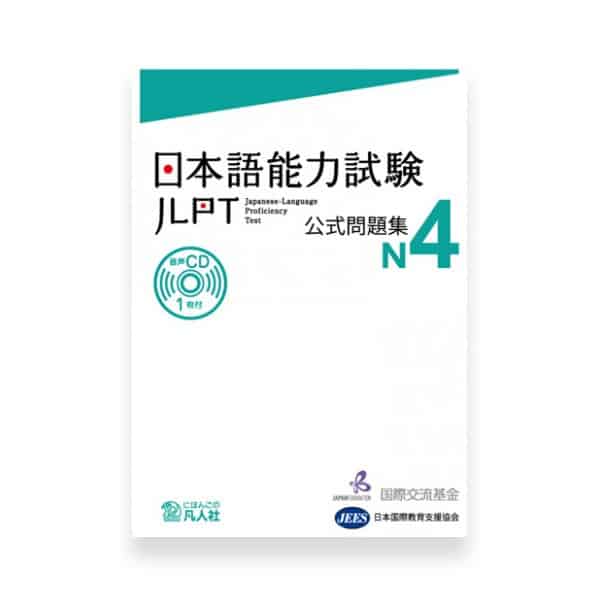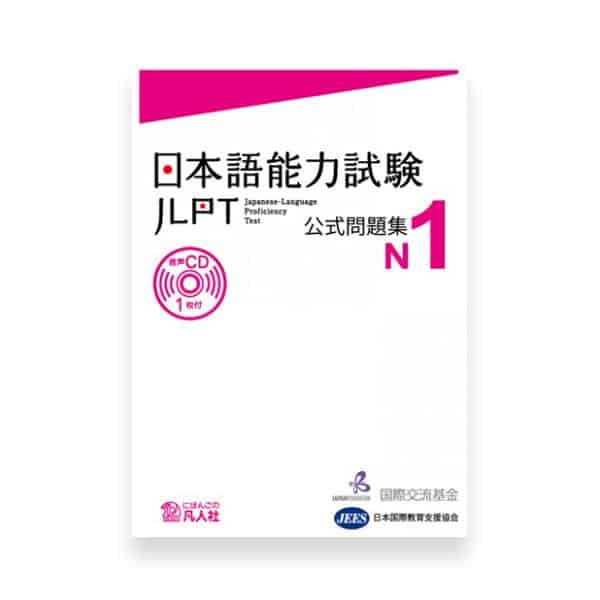Moving to Japan is a great idea for everyone who wants to get out of their comfort zones and see the world from a different angle.
However, before deciding to move there are some important aspects to take into consideration, especially the cost of living there. If you are asking if you can afford to live in Japan, the answer is yes, if you live like a local.
In this article, we will discuss how expensive it is to live in Japan in detail and we will also give you tips to reduce some of these costs.
Accommodation
Some of the world’s most expensive land can be found in central Tokyo, which contributes to its reputation for being an expensive city. However, the rent can vary from cheap small apartments of around 10 square meters to exorbitantly-priced luxury apartments in prime districts.
Outside of central Tokyo, the housing costs are much lower, especially in the suburbs, surrounding prefectures and in other regions and cities of Japan.
The average monthly rent nationwide, not including utilities, for a one-room apartment (20-40 square meters) is between 50,000 and 70,000 yen. Rent for a similarly-sized apartment in central Tokyo and popular neighborhoods nearby usually start from 100,000 yen.
Although, gaijin houses are inexpensive and hassle-free options to consider for those who want to stay in the city and don’t want to pay large amounts on rent.
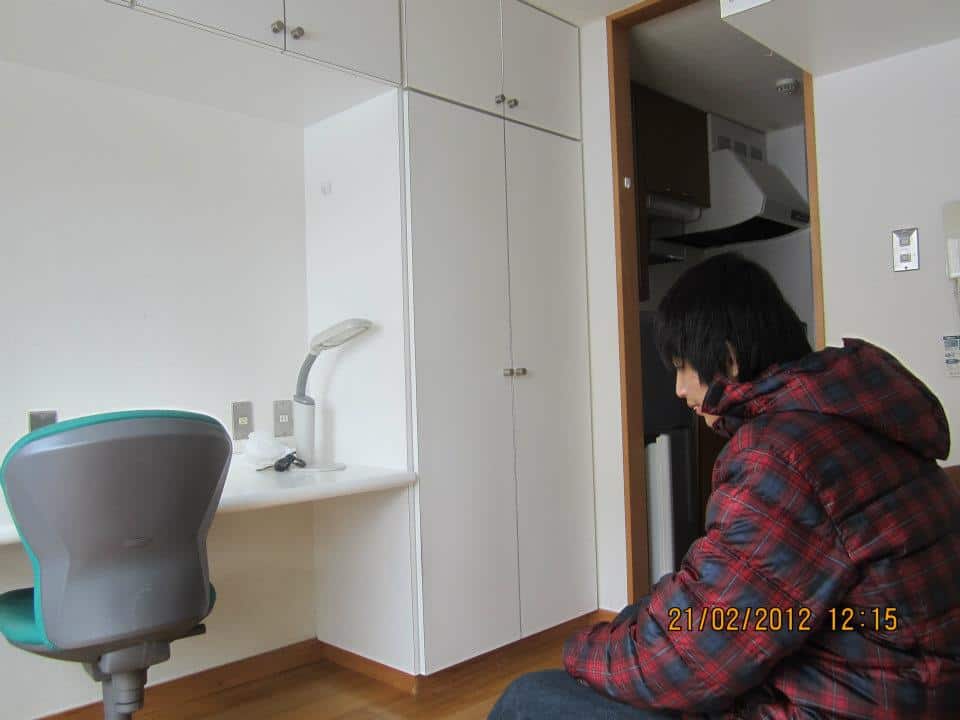
Utilities
Typically, utilities such as gas and water, electricity are not included in the rent except for some gaijin houses and monthly rentals like Leopalace. Usually, the most expensive is electricity followed by gas and water. The average cost for utilities for one person is under 10,000 yen per month (about 4000 yen for electricity, 3000 yen for gas and 2000 yen for water).
Also, gas water heaters and cooktops are pretty common in most residences and some modern homes may have induction cooktops as well.
Connectivity
Mobile phones are available for those with a valid residence card and a Japanese bank account. Also, there are several subscription plans available for around 6000 yen per month, while discount operators offer cheaper plans from around 2000 yen per month.
Also, residents who want to have internet access at home should consider getting a pocket Wi-Fi-device (around 2500 yen per month) or subscribing to broadband or fiber optic internet (around 4000 yen per month).
Household goods
Household goods like refrigerators, washing machines as well as television sets, stereo sets, cameras, and computers are sold at large chain electronic stores. There are also several Japanese chain hypermarkets and interior-goods retailers that offer affordable furniture and household items.
There are many options for stores for those who want to set up their apartments for cheaper.
Services
Services like haircuts in Japan can be a good experience due to the great service they offer with prices that start from 4000 yen for a cut. A haircut usually includes a wash and blow-dry and sometimes a head massage as well.
There are also places where you can get a quick haircut for 1000 yen.
Another popular service in Japan is massage, and you can get a good massage, especially in Tokyo which costs around 7000 yen. Their spas and massage parlors are very sleek and modern.
Entertainment
For entertainment, movie theaters (ticket prices between 1000 and 2000 yen), karaoke establishments (hourly rates start from 200 yen), and game centers can be found in most cities.
There are numerous events such as theater performances and live concerts that are held all year-round. Major cities like Tokyo and Osaka tend to have a higher number of live performances by local and international performers. Depending on the seat, ticket prices start at 6000 yen.
Groceries and eating out
The local supermarkets are inexpensive and sell affordable products, especially if you buy Japanese food like seasonal vegetables and seafood, or soybean products. There are also pre-cooked products available at a discounted-price shortly before closing time in the evening.
You can have a full meal at cheap restaurants for between 500 and 1000 yen. These meals can include noodles, donburi, curry rice, bibimbap (Korean style donburi), hamburgers and many more types of dishes at inexpensive restaurants. They are usually placed around or inside large train stations or business areas.
A meal at an average restaurant cost between 1000 and 3000 yen. Also, during lunch hour, many restaurants offer inexpensive teishoku (set menus) at around 1000 yen. Lunch boxes are also available at convenience stores or department stores and train stations.
A typical cup of coffee at a coffeehouse-chain costs around 300 yen, while the prices at boutique cafes are higher.
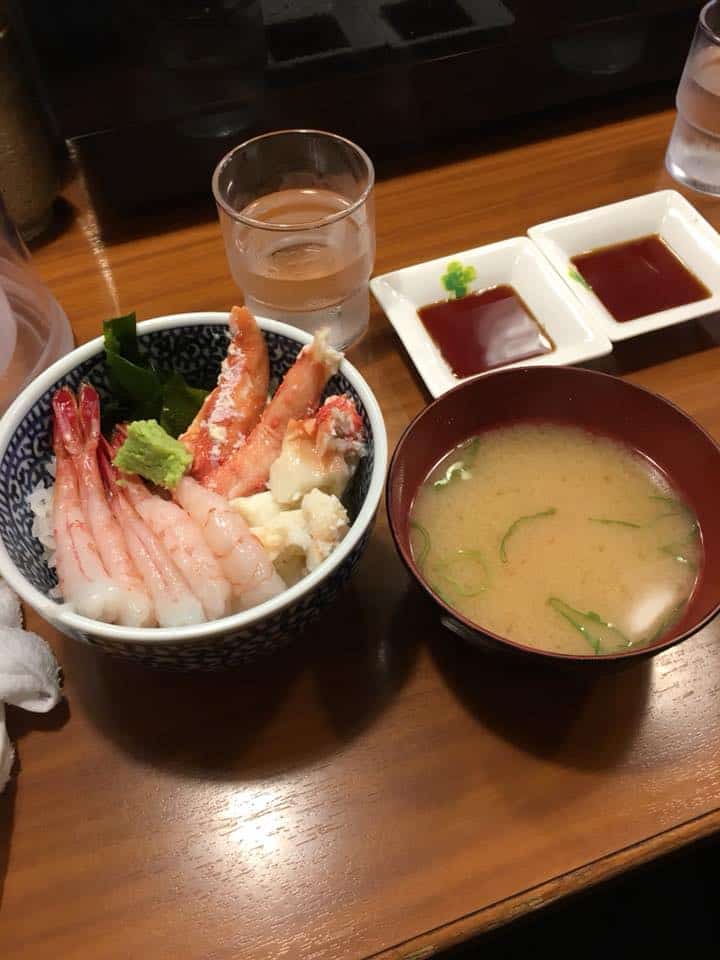
Shopping
There are lots of stores available when it comes to shopping for clothes. Inexpensive clothes can be found in the clothing department of different chain hypermarkets. Department stores tend to be more expensive as they offer more fashion-forward styles. It’s important to know that Japanese sizing runs a little smaller compared to North American or European sizes, so finding large size pieces can be difficult.
Bookshops that sell English books are usually found in the bigger bookshops in major cities.
Commuting and Transportation
People can purchase train commuter passes for unlimited travel between office/school for one or more months. Many Japanese companies pay for their employees’ train commuting expenses. Also, there are discount rail passes available for foreigners living in Japan.
On the other hand, cycling can be a very cost-effective way to get around especially if you live in the city. Bicycle parking can be found near most railway stations and shopping centers.
Local buses in large cities like Osaka and Tokyo are complementary to the train and subway networks.
Taxis can be found in almost all cities near train stations. They can also be an economical option on shorter distances if traveling in groups of three or four people.
Owning a car in Japan is expensive due to the mandatory bi-annual inspections, insurance, and automobile tax. However, the cars themselves are relatively inexpensive with smaller new cars starting at one million yen.
Conclusion
As you can see, these are the main costs of living in Japan.
Living in Japan can be expensive and it can be very cheap as well, depending on your needs and taste. You can live in Japan comfortably at a reduced cost, you just need to know how to save money on inessential things.
